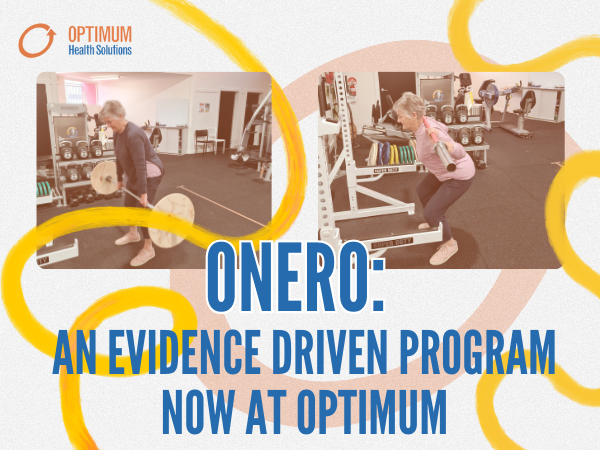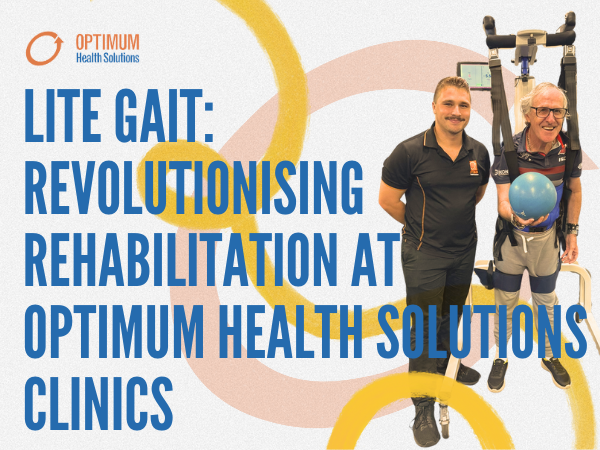It seems like every week a new food is joining the illustrious list of superfoods. Everything from Kale to acai to good old rolled oats has had this title added to its name. But what justifies the inclusion of something as a “superfood” and are they actually better for us?
So, what is a “superfood”?
There is no official definition of a superfood, but most nutrition professionals deem a superfood to be something with antioxidant or nutrient levels higher than other similar foods. These foods often have a high nutrient density meaning that they have higher concentrations of antioxidants, vitamins, minerals or other beneficial food chemicals. However, this term has come to popularity mainly due to its success as a marketing tool. The current trends toward health and clean eating mean that we are always on the lookout for the next best thing and health companies capitalize on these trends by marketing anything they can as a superfood.
Take Kale for incidence; up until 5 years ago many people would hardly have heard of kale when it started to be promoted as “natures superfood”, sales skyrocketed to the point of threatening worldwide kale shortages. However, in 2014 a study comparing the nutrient density of fruits and vegetables awarded Kale a nutrient density score of 49.07/100, while vegetables such as Watercress, Chinese cabbage, Chard and Spinach all scored well above 85/100 showing a greater nutrient density. This suggests that adding the term superfood to a product doesn’t make it any more nutritious.
Now that is not to say that superfoods are bad for us because they are generally very healthy nutrient dense foods, but it is always worth looking past the hype to see why you are actually eating.
Here is my list of everyday superfoods, and I promise you will be able to pronounce all of them:
- Avocado: Great source of polyunsaturated fats, soluble fibres and potassium
- Oats: Good source of wholegrain carbohydrate, also contain beta-glucans and soluble fibre for cholesterol management.
- Berries: Rich in antioxidants, Vitamins C and B.
- Spinach/Broccoli: Antioxidant rich. Good source of iron, calcium, folate and Vitamins A, B & K
- Lentils/Legumes: Great iron rich protein alternative. Rich in soluble fibres and B12
- Almonds: Protein rich snack also boasting healthy monounsaturated fats. Rich in Vitamin E, Calcium, magnesium and Zinc
So while there is no specific recommendation for superfoods, make an effort to try and include at least one thing from the above list into your daily diet and see if you can feel the difference! And remember, our Accredited Practicing Dietitians can help you to achieve your dietary goals this year! To book in your specialised dietetics consultation, contact us on (02) 8599 6275.








